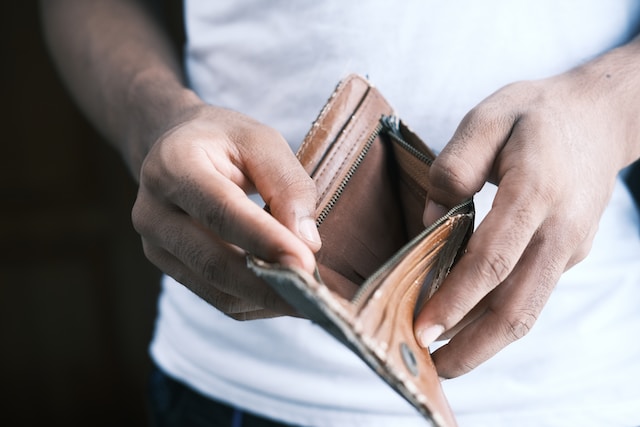What Nigerians Must Know About Good Debt & Bad Debt
I’ve spent the last three years with many young Nigerians in their teens and twenties. One major topic they seem unable to grasp is the concept of debt—understanding good debt from bad debt, knowing when to go into debt, and how to handle it.
So, what is debt, loan, or borrowed capital?
Debt occurs when you borrow money from a relative, friend, or financial institution to solve a current or future monetary need, intending to pay it back in the nearest future. Often, you’ll have to pay interest on your debt, loan, or borrowed cash, especially if it’s from a financial institution. You’ll also need collateral in case of defaulting on your loan at the stipulated time.
The interest, an additional payment on top of the debt/loan, depends on the amount borrowed, the duration for repayment, and the risk of defaulting on your loan.
Let’s look at why you should borrow a loan.
I understand circumstances arise, and we suddenly need money for urgent use. Some of us might not have any savings, leaving borrowing money or going into debt as the only option.
If you find yourself in this situation, here’s my advice:
- Only borrow from your friends and relatives to avoid incurring interest. Ensure timely repayment to maintain good relationships; otherwise, they might hesitate to lend to you again.
- Start developing high-demand skills like coding, sales, trading, etc. Use your earnings to build at least a three-month emergency fund to prevent such occurrences in the future.
- If you must borrow from a financial institution, understand the difference between good and bad debt. Above all, avoid entering bad debt or borrowing money for risky business or investments that you can’t control.
Good Debt vs. Bad Debt
Good debt is borrowed for activities, businesses, or investments with a high chance of producing rewards or cash flow capable of repaying the loan.
Example of good debt:
- Taking a loan to expand a currently profitable business (i.e., a scaling loan)
- Investing in a business or product you know well and have control over the outcomes
- Borrowing in local currency to buy a foreign currency, expecting future currency appreciation
- Taking an education loan with a low-interest rate, intending to work immediately after completion
Let’s look at bad debt
Bad debt occurs when borrowing money for uncertain expenses that might be difficult to repay.
Examples of bad debt include:
- Borrowing money for gambling, betting, or speculative investments in crypto/forex
- Incurring heavy debt after extravagant weddings or ceremonies
- Borrowing to start a business or buy a car or luxury item that doesn’t generate revenue
- Lending money to friends or family, risking relationships due to potential non-repayment
Understanding debt, knowing when to go into debt, and differentiating between good and bad debt can significantly impact your financial future. I hope these points help you understand debt better and the difference between good and bad debt.
Discover more from 9jacashflow.com
Subscribe to get the latest posts sent to your email.






